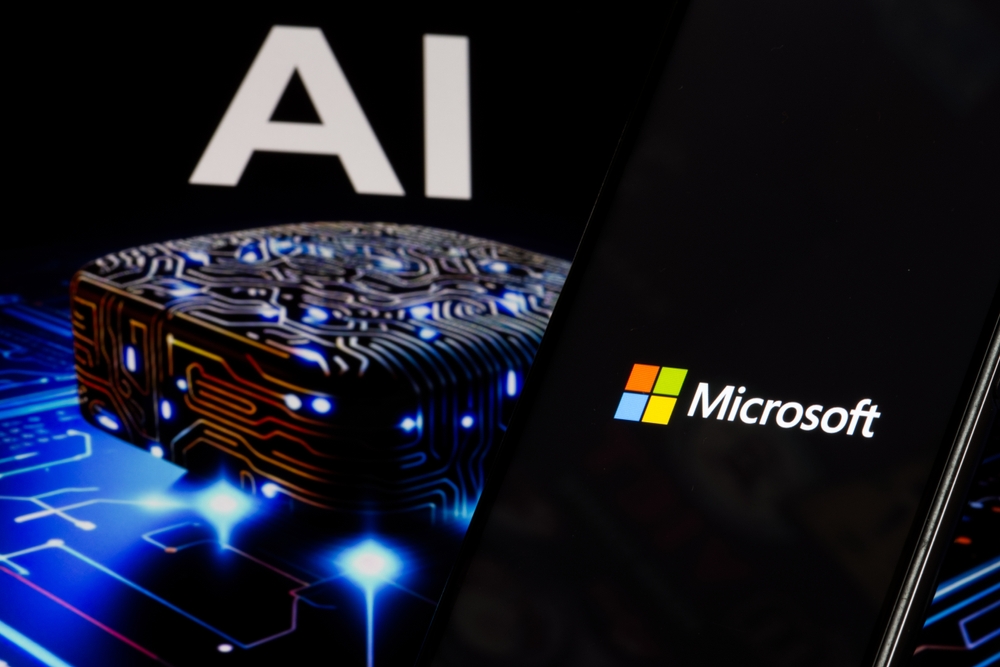In a move that marks both a nod to the past and a step toward the future, Microsoft has signed a 20-year agreement to purchase power from the infamous Three Mile Island nuclear energy plant in Pennsylvania. The site, known for the worst nuclear accident in U.S. history, is being revitalized to help satisfy Microsoft’s increasing energy demands, particularly for its artificial intelligence (AI) data centers. The plan to reopen the plant by 2028, following improvements, now awaits regulatory approval.
A Historic Site Powering the Future
Microsoft’s decision to source energy from the Three Mile Island plant highlights the growing need for sustainable and consistent power sources as AI technology expands. The plant, which was involved in a partial meltdown in 1979, has remained a symbol of public mistrust in nuclear energy for decades. However, as concerns about climate change intensify, nuclear power is regaining attention as a clean energy solution.
The owner of the plant, Constellation Energy, emphasized that the reactor to be reopened is separate from the one involved in the infamous 1979 incident. Constellation CEO Joe Dominguez said, “This deal is a powerful symbol of the rebirth of nuclear power as a clean and reliable energy resource.” He added that the plant was “among the safest and most reliable nuclear plants” before its premature shutdown in 2019 due to economic factors, and the company is excited to bring it back with a renewed mission.
Nuclear Energy’s Role in Microsoft’s AI Expansion
Microsoft’s agreement to purchase power from Three Mile Island underscores the tech giant’s commitment to decarbonizing its operations while addressing the growing energy demands of AI data centers. The company has been at the forefront of integrating sustainable energy into its operations, and this partnership represents a significant milestone in its clean energy strategy.
The reopening of the plant is expected to provide Microsoft with over 800 megawatts of carbon-free electricity, enough to power its data centers while reducing its environmental footprint. “This is a milestone in our efforts to help decarbonize the grid,” a Microsoft spokesperson stated, signaling the importance of this energy deal in the company’s broader sustainability goals.
Economic and Environmental Impact of Reopening Three Mile Island
Constellation Energy is set to invest $1.6 billion in upgrading the Three Mile Island facility, with plans to operate it until at least 2054. The reopening is expected to create 3,400 direct and indirect jobs, generating significant economic activity for the region. A study by The Brattle Group, cited by Constellation, suggests that the revival of the plant will inject billions of dollars in taxes and other economic contributions to Pennsylvania.
Nuclear energy, unlike fossil fuels, is a carbon-free source of electricity, making it an attractive option for tech companies looking to reduce their carbon emissions. Dominguez noted that nuclear plants are the “only energy sources” capable of consistently delivering large amounts of carbon-free energy, positioning nuclear as a key player in the global fight against climate change.
Challenges and Public Concerns
While the reopening of the plant promises economic and environmental benefits, it has also drawn some local protests. For many, the memory of the 1979 partial meltdown still lingers, creating concerns about the safety of nuclear energy. However, Constellation has reassured the public that the plant’s Unit 1, which will be reopened under the Microsoft deal, has a strong track record of safe operation and will undergo significant upgrades.
The revival of nuclear energy has not been limited to Microsoft. Earlier this year, Amazon also signed a deal to purchase nuclear energy to power its data centers, indicating a growing trend among tech companies toward embracing nuclear power as a sustainable energy solution. However, these deals are under scrutiny by regulators, who must balance the environmental benefits with safety and economic concerns.
As tech companies like Microsoft and Amazon seek sustainable solutions for their growing energy needs, nuclear power is being reconsidered as a viable option. The Three Mile Island deal is not just about powering AI but also about reviving nuclear energy’s role in a low-carbon future. Once a symbol of nuclear disaster, the plant is now poised to become a cornerstone of Microsoft’s clean energy strategy, signaling the renewed relevance of nuclear power in the digital age.
Microsoft’s decision to partner with the Three Mile Island plant is a bold move to meet the energy demands of AI while supporting decarbonization efforts. As nuclear energy makes a comeback, this deal highlights how tech giants are exploring diverse energy sources to power the future. With regulatory approval pending and public scrutiny ongoing, the revival of the infamous plant represents both challenges and opportunities for the future of clean energy.


